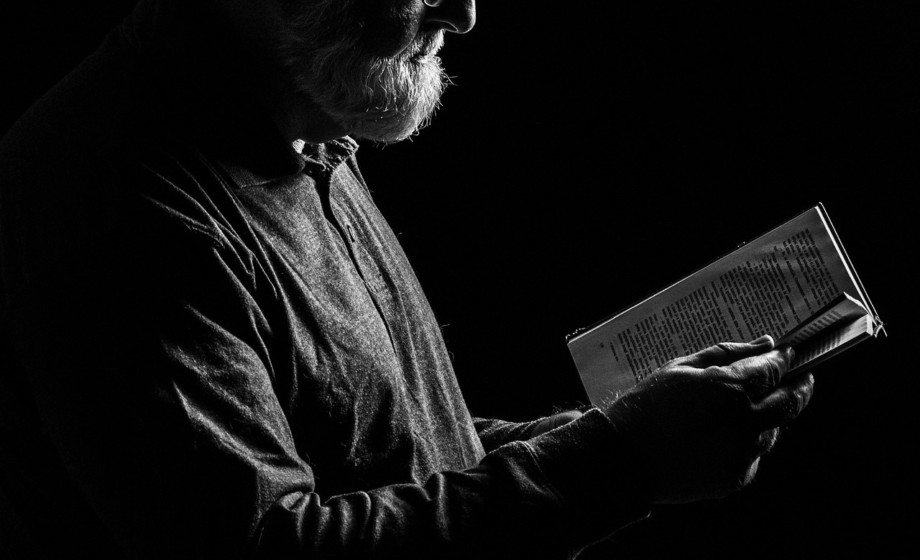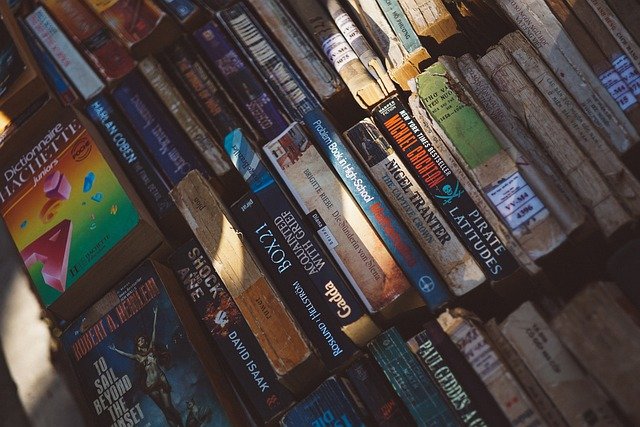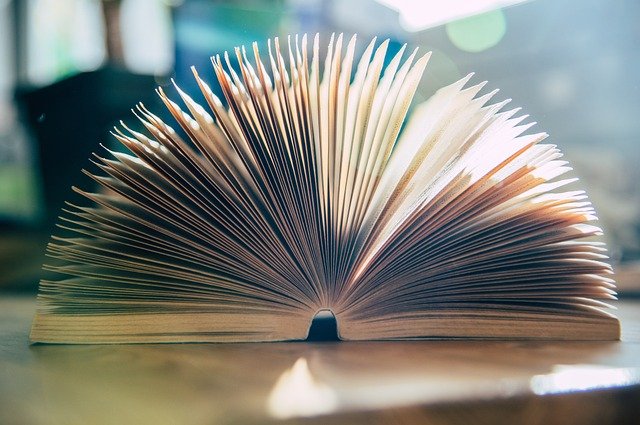Did you know that Indians dedicate nearly seven hours each week to reading, placing the country among the top in global readership? This passion for literature is evident in the works of famous Indian authors who have penned stories that resonate across generations.
From the profound verses of Rabindranath Tagore’s Gitanjali to the contemporary narratives of Arundhati Roy’s The God of Small Things, Indian literature offers a rich tapestry of experiences.
Whether you’re exploring classic Indian literature or delving into the creations of contemporary Indian authors, this curated list of 20 must-read Indian authors books is designed to guide you through the nation’s literary treasures.
These works not only reflect India’s diverse culture but also its evolving societal norms, making them essential Indian literature for any avid reader.
Are you ready to embark on this literary journey and discover the stories that have shaped a nation?
Must-Read Books by Indian Authors
Indian literature is a mirror reflecting the nation’s depth and diversity. Below is a curated selection of must-read Indian authors books that showcase the creative brilliance of top Indian writers. From classic Indian literature to modern works, these stories have something for everyone.
1. “The Unproposed Guy” by Bhavik Sarkhedi

Bhavik Sarkhedi’s “The Unproposed Guy” offers a humorous yet heartfelt take on love, self-discovery, and societal norms. With relatable characters and witty storytelling, it’s a fresh voice among Indian fiction writers.
This book is perfect for readers seeking modern narratives from contemporary Indian authors, making it a standout in the realm of must-read Indian authors books.
2. “The Guide” by R.K. Narayan
“The Guide” by famous Indian author R.K. Narayan is set in the fictional town of Malgudi. It tells the tale of Raju, a tour guide whose life takes a spiritual turn.
A masterpiece of classic Indian literature, this novel is celebrated for its exploration of redemption and human frailty, earning its place among Indian literary masterpieces.
3. “Train to Pakistan” by Khushwant Singh
Khushwant Singh’s “Train to Pakistan” portrays the harrowing events of India’s partition. Through compelling characters and vivid storytelling, this essential Indian literature delves into themes of loss, identity, and resilience.
A must-read for those interested in historical fiction by Indian novelists, it remains one of the most notable Indian books ever written.
4. “Untouchable” by Mulk Raj Anand
Mulk Raj Anand’s “Untouchable” exposes the harsh realities of caste-based discrimination through the eyes of a young boy, Bakha. Known as a cornerstone of Indian literary classics, this book is a powerful critique of societal injustice.
Anand’s work stands as a significant contribution to essential Indian literature, making it a must-read for anyone exploring Indian storytelling.
Contemporary Indian Fiction
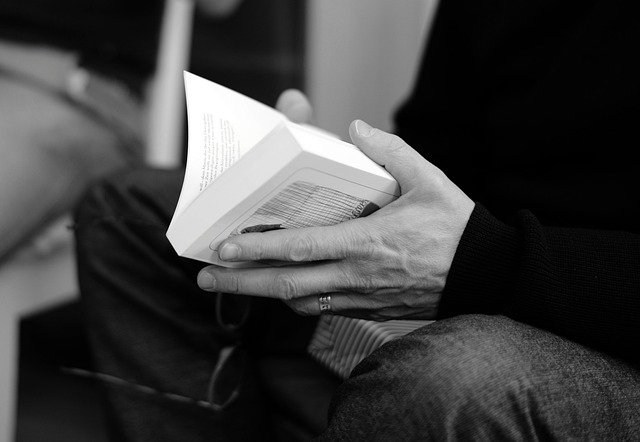
As I moved from exploring the timeless works of classic Indian literature, I found myself drawn to stories that reflect modern realities.
Contemporary Indian authors have a way of weaving complex societal themes into narratives that feel personal and profound. These books are more than just stories; they’re experiences that resonate deeply.
5. “The God of Small Things” by Arundhati Roy
Arundhati Roy’s “The God of Small Things” is a literary masterpiece that won the Booker Prize in 1997. It unravels the intricate lives of a family in Kerala, exploring themes of love, loss, and societal norms.
The book’s poetic prose and gripping storyline have earned it a place among notable Indian books, and its global acclaim solidifies Roy’s position as one of the finest contemporary Indian authors.
6. “The White Tiger” by Aravind Adiga
Reading “The White Tiger” felt like peering into the raw, unfiltered side of India’s class divide. Aravind Adiga’s debut novel, which won the Booker Prize in 2008, follows Balram Halwai’s journey from a village worker to a successful entrepreneur.
The book’s bold critique of systemic inequality makes it one of the most impactful Indian literary masterpieces in recent times, showcasing the brilliance of Indian novelists today.
7. “A Suitable Boy” by Vikram Seth
Vikram Seth’s “A Suitable Boy” is one of the longest novels ever published in a single volume, spanning nearly 1,500 pages. It beautifully captures post-independence India through the lives of four families.
The book blends themes of love, politics, and tradition, making it an essential addition to any Indian book list. Its sweeping narrative cements Seth’s reputation among top Indian writers.
Indian Diaspora Narratives
After exploring modern fiction rooted in India, I turned my attention to the works of Indian novelists who capture the experiences of the Indian diaspora. These stories blend the familiarity of Indian culture with the complexities of living away from it.
They offer a unique lens on identity, migration, and the intersection of traditions and contemporary life.
8. “Interpreter of Maladies” by Jhumpa Lahiri
Jhumpa Lahiri’s “Interpreter of Maladies” is a Pulitzer Prize-winning collection of short stories that delves into the lives of Indian-Americans. Each story reveals the delicate nuances of relationships and cultural dissonance.
Lahiri’s ability to paint vivid emotional landscapes makes her one of the most respected contemporary Indian authors, and this book stands out as a gem in Indian literature recommendations.
9. “The Inheritance of Loss” by Kiran Desai
Kiran Desai’s “The Inheritance of Loss”, which won the Booker Prize in 2006, is an unforgettable narrative that spans the Himalayan foothills and the streets of New York. The novel examines the emotional toll of migration and the complexities of finding one’s identity in an unfamiliar world.
For me, it reinforced why Desai is considered one of the top Indian writers crafting stories with both local and global resonance.
Historical and Political Insights
From the stories of the Indian diaspora, I naturally gravitated toward books that delve into India’s rich history and political landscape. These works by famous Indian authors combine historical depth with literary brilliance, helping readers understand the forces that shaped modern India.
10. “Midnight’s Children” by Salman Rushdie
Salman Rushdie’s “Midnight’s Children” is often hailed as one of the most significant works of Indian literary masterpieces. The novel uses magical realism to chronicle India’s transition from British rule to independence.
Its protagonist, Saleem Sinai, is born at the exact moment India gains independence, making his life an allegory for the country’s tumultuous journey. This Booker Prize-winning novel remains a cornerstone of classic Indian literature.
11. “The Great Indian Novel” by Shashi Tharoor
Shashi Tharoor’s “The Great Indian Novel” is a satirical masterpiece that reimagines the Mahabharata in the context of India’s struggle for independence. It’s one of the most inventive works in Indian literary works, blending mythological elements with modern political commentary.
I found it fascinating how Tharoor’s wit and insight bring fresh perspectives to historical events, making this book a must-read for anyone exploring essential Indian literature.
Mythology and Retellings
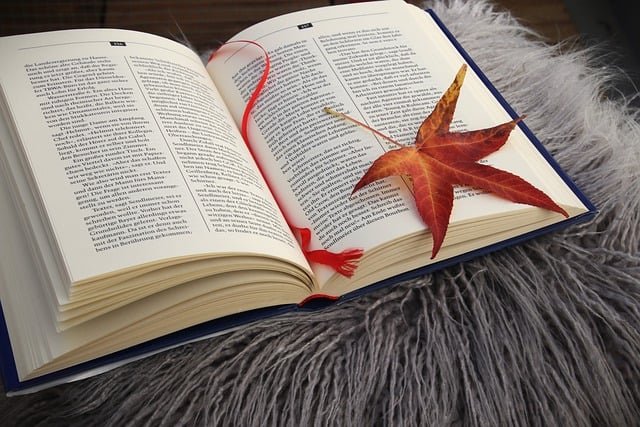
After exploring India’s historical and political narratives, I found myself captivated by the rich tapestry of myths and epics reimagined through modern lenses. These works by top Indian writers offer fresh perspectives on ancient tales, bringing them closer to today’s readers.
12. “Palace of Illusions” by Chitra Banerjee Divakaruni
Chitra Banerjee Divakaruni’s “Palace of Illusions” revisits the Mahabharata through the eyes of Draupadi, giving voice to one of its most complex characters.
The novel combines vivid storytelling with deep emotional insight, making it a standout among Indian literary masterpieces.
I admired how Divakaruni brought a personal dimension to this epic, showcasing her talent as one of the finest contemporary Indian authors.
13. “Jaya: An Illustrated Retelling of the Mahabharata” by Devdutt Pattanaik
Devdutt Pattanaik’s “Jaya” is a beautifully illustrated retelling of the Mahabharata, weaving together ancient wisdom and cultural insights. The book’s engaging format and accessible language make it an essential read in Indian literature recommendations.
I appreciated how Pattanaik connects the past with the present, demonstrating why myths remain relevant in shaping modern perspectives.
Memoirs and Biographies
From the reimagined myths of Indian literature, I shifted my focus to memoirs and biographies—works that offer a glimpse into real lives and historical moments.
These books, penned by famous Indian authors, provide personal perspectives that enrich the understanding of essential Indian literature.
14. “The Story of My Experiments with Truth” by Mahatma Gandhi
Mahatma Gandhi’s autobiography, “The Story of My Experiments with Truth”, chronicles his journey from an ordinary individual to the leader of India’s independence movement.
This book offers an unfiltered look into Gandhi’s thoughts, struggles, and philosophies. For me, it highlighted why his life remains a cornerstone of Indian literary classics and why this work is featured in any meaningful Indian book list.
15. “Unfinished” by Priyanka Chopra Jonas
Priyanka Chopra Jonas’s “Unfinished” is a memoir that traces her journey from small-town India to global stardom. What struck me most was her honesty about challenges and triumphs across continents.
The book provides a contemporary perspective on ambition, identity, and resilience, making it a compelling addition to the works of contemporary Indian authors.
Regional Voices in Translation
After immersing myself in personal stories through memoirs and biographies, I was drawn to the profound works of Indian novelists writing in regional languages. These translated masterpieces highlight the cultural and linguistic diversity of India, enriching the spectrum of essential Indian literature.
16. “Pather Panchali” by Bibhutibhushan Bandyopadhyay
Reading “Pather Panchali” felt like stepping into the heart of rural Bengal. Written by Bibhutibhushan Bandyopadhyay and translated into English, this story portrays the joys and struggles of a poor family in a village.
It’s a poignant reminder of how regional stories contribute to Indian literary gems. The authenticity and emotional depth of this book make it a timeless entry in Indian literature recommendations.
17. “Chemmeen” by Thakazhi Sivasankara Pillai
Thakazhi Sivasankara Pillai’s “Chemmeen” is a translated Malayalam classic that explores love, tradition, and social conflict in a coastal fishing village. The tragic love story, paired with vivid depictions of life by the sea, made it an unforgettable read for me.
It’s no surprise that this work remains a key part of classic Indian literature and a significant contribution by top Indian writers.
Poetry and Short Stories
After exploring regional translations, I turned to the beauty of Indian literary masterpieces in poetry and short stories. These concise yet profound works capture the essence of Indian storytelling, often conveying more in a few pages than entire novels do.
For me, they offered a refreshing dive into the heart of essential Indian literature.
18. “Gitanjali” by Rabindranath Tagore
Rabindranath Tagore’s “Gitanjali” is a Nobel Prize-winning collection of poems that reflects spirituality, love, and the human connection with nature. Each poem resonated with me, evoking emotions that lingered long after reading.
As one of the most iconic works by a famous Indian author, this collection remains an unparalleled treasure in classic Indian literature.
19. “Malgudi Days” by R.K. Narayan
R.K. Narayan’s “Malgudi Days” is a delightful collection of short stories set in the fictional town of Malgudi. Each story captures everyday life with humor, simplicity, and universal appeal.
It’s remarkable how Narayan’s vivid characters and relatable plots have secured a lasting place in Indian literary gems. For me, this book stands as a testament to the storytelling brilliance of top Indian writers.
Science Fiction and Fantasy
From the heartfelt simplicity of poetry and short stories, I ventured into the imaginative worlds of Indian fiction writers who excel in science fiction and fantasy.
These genres often feel underexplored in Indian literary works, but the creativity and depth they bring to storytelling are remarkable. I was intrigued by how these authors combined speculative ideas with cultural themes to create truly unique narratives.
20. “The Calcutta Chromosome” by Amitav Ghosh
Amitav Ghosh’s “The Calcutta Chromosome” is a gripping blend of science fiction and historical mystery. Set in both the future and the past, the novel explores the unsolved mystery of malaria research.
I was fascinated by how Ghosh intertwines science, history, and speculative fiction, making this book one of the most compelling notable Indian books in the genre.
21. “Anandamath” by Bankim Chandra Chattopadhyay
Bankim Chandra Chattopadhyay’s “Anandamath” is a nationalist tale set during the Sannyasi Rebellion, featuring the iconic song Vande Mataram. While not strictly science fiction, its adventurous and imaginative narrative has inspired countless readers and movements.
For me, this book stood out as a significant work of classic Indian literature and a symbol of the power of fiction in shaping collective identity.
What Makes These Indian Authors So Different from Others?
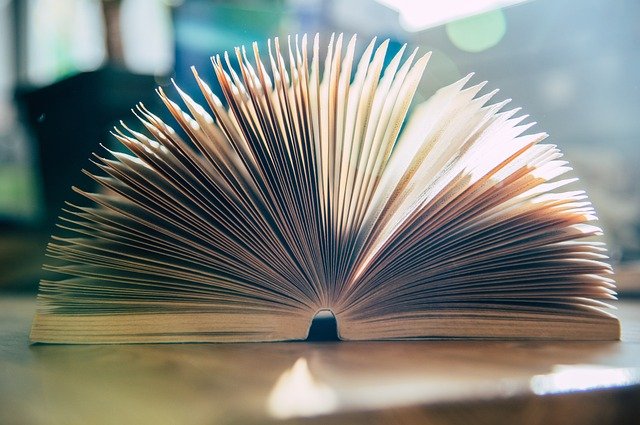
As I reflected on the diverse works I had explored, one book that kept standing out was “The Unproposed Guy” by Bhavik Sarkhedi. Its fresh approach and relatable themes exemplify what sets Indian authors to read apart.
Indian writers consistently blend universal narratives with their unique cultural perspectives, creating stories that resonate deeply across audiences.
Cultural Depth
Indian literature often reflects the nation’s traditions and evolving societal norms. In “The Unproposed Guy,” Sarkhedi uses humor and wit to address modern issues like relationships and societal expectations, making the story relatable yet distinctly rooted in Indian culture. This balance of the local and the global is what defines famous Indian authors.
Versatility Across Genres
From classic Indian literature to contemporary storytelling, Indian authors shine across genres. Sarkhedi’s book, with its blend of introspection and humor, offers a modern take on personal growth, standing alongside iconic works like “The Guide” and “The White Tiger”. For me, this versatility across genres is a hallmark of Indian literary gems.
Language and Style
Indian writers excel at crafting emotionally rich and engaging narratives, often with a distinct style. In “The Unproposed Guy,” Sarkhedi’s conversational tone and sharp observations create a reading experience that feels intimate and authentic.
This resonates with the tradition of Indian storytelling, where connection with the reader is paramount.
Books like “The Unproposed Guy” highlight how Indian fiction writers are redefining storytelling for contemporary readers. Sarkhedi’s work exemplifies why must-read Indian authors’ books remain essential for anyone seeking engaging, thought-provoking literature.
It’s this ability to innovate while staying culturally grounded that sets Indian authors apart and keeps me returning to their stories.
Conclusion
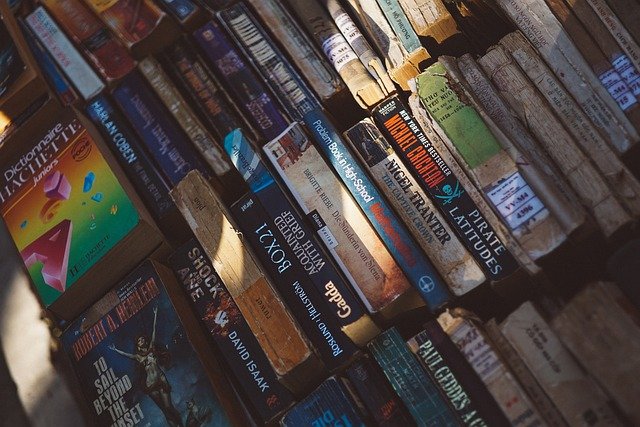
After journeying through the works of famous Indian authors, I’ve realized how these stories provide more than just literary enjoyment—they offer a deeper understanding of India’s cultural, historical, and social dimensions. From modern humor in “The Unproposed Guy” by Bhavik Sarkhedi to timeless epics like “The Guide”, each book on this list has left a lasting impression.
Indian literature is a blend of classic Indian literature and contemporary innovation. It’s this harmony between the old and the new that makes exploring must-read Indian authors books such a fulfilling experience. These stories resonate universally while maintaining a unique cultural essence, solidifying their place among Indian literary masterpieces.
For me, reading these works felt like discovering Indian literary gems that capture the richness of storytelling and the depth of human experience. They’re not just books—they’re gateways to understanding a nation and its people. If you’re ready to experience the brilliance of top Indian writers, there’s no better place to start than this curated list.
FAQs
1: Are these books suitable for readers new to Indian literature?
Absolutely. This list includes a mix of classic Indian literature like “The Guide” and contemporary works such as “The Unproposed Guy” by Bhavik Sarkhedi, offering a well-rounded introduction to the richness of Indian storytelling.
2: Where can I purchase these books?
Most of these notable Indian books are available on platforms like Amazon, Flipkart, and major bookstores globally. For regional translations, check specialty bookshops or online marketplaces that focus on Indian literature.
3: Are English translations available for regional language books?
Yes, many Indian literary works, including “Pather Panchali” and “Chemmeen”, have been translated into English, making them accessible to a wider audience without losing their essence.
4: Do these books cover diverse genres?
Absolutely. The list spans genres like historical fiction, modern humor, memoirs, and even science fiction. For example, “The White Tiger” delves into class struggles, while “The Calcutta Chromosome” explores speculative fiction.
5: Which book would you recommend as a starting point?
“The Unproposed Guy” by Bhavik Sarkhedi is an engaging starting point for its relatable humor and contemporary perspective. If you’re inclined toward deeper narratives, “Midnight’s Children” offers a profound exploration of India’s history.
6: Who is the No. 1 book writer in India?
It’s hard to pinpoint a single writer as the “No. 1” because Indian literature spans centuries and genres. Rabindranath Tagore, the first non-European Nobel laureate in literature, is often considered one of the greatest. In modern times, authors like Arundhati Roy and R.K. Narayan is widely celebrated for their profound impact on both Indian and global literature.
7: Which Indian book is best for reading?
The “best” book depends on your preferences. If you enjoy classics, “The Guide” by R.K. Narayan is an enduring favorite. For modern humor and relatable themes, “The Unproposed Guy” by Bhavik Sarkhedi offers a refreshing read. For those drawn to epic narratives, “Midnight’s Children” by Salman Rushdie remains an iconic choice. Each of these books captures a unique essence of Indian literary works.
8: What is the most famous book of India?
One of the most famous books of India is “Gitanjali” by Rabindranath Tagore, a collection of poems that won the Nobel Prize for Literature in 1913. Its spiritual depth and lyrical beauty have left a lasting legacy. Other widely acclaimed works include “Train to Pakistan” by Khushwant Singh, known for its portrayal of partition, and “The God of Small Things” by Arundhati Roy, a modern classic. These books are cornerstones of classic Indian literature and continue to captivate readers worldwide.
